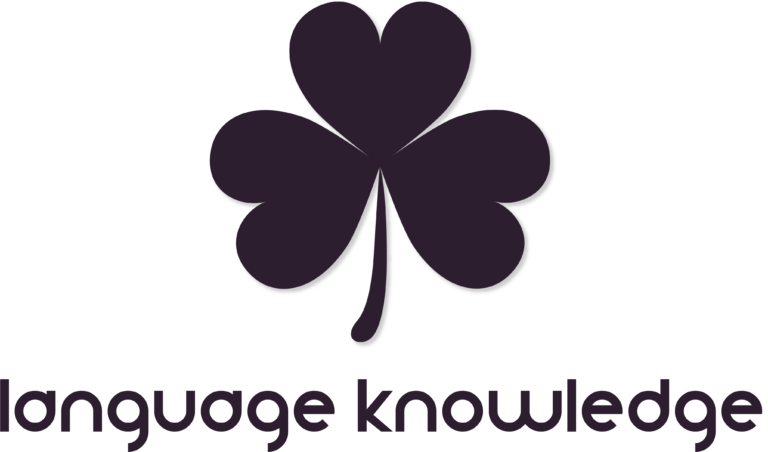What are type 2 If-sentences?
If you laughed, I would go to you.
Type 2 expresses an unlikely condition because the condition is in the past. Thus, a fulfillment of the condition is unlikely.[/dt_teaser][vc_empty_space height=”36px”]
The usual formation of such an If sentence in English
Therefore, the usual formation refers to the fact that the If-sentence is in the simple past tense and the main sentence in the conditional 1.
Review:
How is the past tense formed?
Infinitive + ed or simple past form
Normally an “-ed” is appended to the Infinitive. Unless the verb is irregular, then the 2nd verb form is used. Here’s an Irregular verbs Table.
Conditional 1:
Conditional 1:
would + Infinitive
On the other hand, the conditional 1 is formed with “would” and the infinitive. To negate the sentence, a “not” is placed behind the would.
Example:
If the sun shine, I will not learn for school.
The improbable condition:
Since the condition is written in the simple past, at this moment, it is already over and cannot be changed. However, there are few more tenses in which the If-Clause can stand.
What are the tenses involved?
| If-Clause Tense | Main Clause Tense |
|---|---|
| Simple Past | Conditional 1 |
| should / could / might / ought + Infinitive | |
| Simple Past | Conditional 2 |
| should / could / might / ought + have + Past Participle or Infinitive + ed |
Conditional 1 in the If-sentence:
Because the If-sentence is in the conditional 1 (or the other tenses), this sentence refers to the present or the future and constitutes conjecture. Examples: Main sentence in Conditional 1 and then in the order should / could / might / ought + have + Infinitive:
- If you laughed, I would go to you.
- If you laughed, I should go to you.
- If you laughed, I could go to you.
- If you laughed, I might go to you.
- If you laughed, I ought go to you.
It is important that should / could / might and ought are only different auxiliary verbs and have only a different meaning for the conclusion (would / could / should).
Conditional 2 in the If-sentence:
Because the If-sentence is in conditional 2 (or the other tenses), it refers to a condition relative to the present that has had an impact in the past. Examples: Main sentence in Conditional 1 and then in the order should / could / might / ought + have + Infinitive + “-ed” (or 3rd verb form):
- If you laughed, I would have go to you.
- If you laughed, I should have go to you.
- If you laughed, I could have go to you.
- If you laughed, I might have go to you.
- If you laughed, I ought have go to you.
It is important that should / could / might and ought are only different auxiliary verbs and have only a different meaning for the conclusion (would / could / should).
What does the if-sentence “was” or “were” stand for?
Going into the normal case, was is used in the 1st and 3rd person singular while were is used in the If-sentence”. Because this expresses something unreal. An example for this:
- If I were Merkel, …
- If I were Micheal Jackson, …
- If I were in London, …
About me
Hey, formerly I thought that learning languages was an innate one. Either you can speak English perfectly or not and no matter how much you learn – “I do not write a good grade in English anyway.” But I quickly learned that you do not know everything in your mother tongue.
After a while, I gave myself one last chance to learn English. Only this time I limited myself to the essential points.
That means for me verbs: the form – examples – signal words & the usage
This method enabled me to learn English faster than ever before.
Since then I know that learning to talk is not innate. And through that realization, my vision has become to offer other students the opportunity to learn English, just like I did back then. Now I ask you to help me by sharing this article with your friends! Thanks a lot!
You read: If clauses type 2 | Conditional sentences type 2





